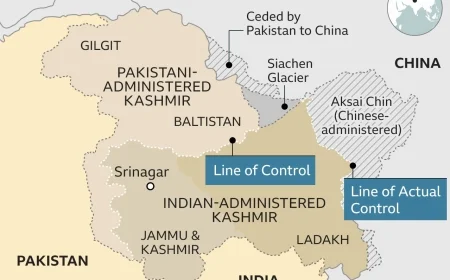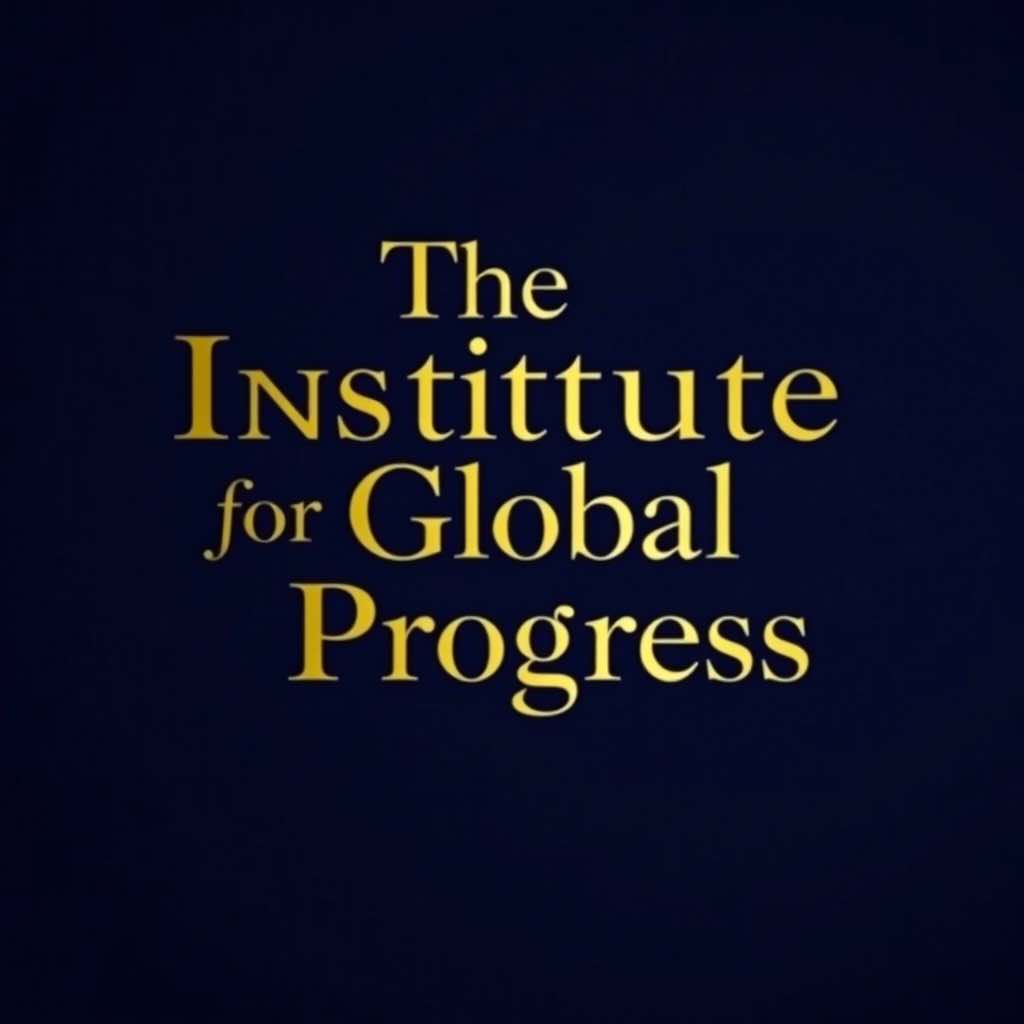Executive Summary
The United Kingdom’s recent decision to lift long-standing sanctions against the Assad regime represents a significant shift in Western diplomatic posture towards Syria. This policy reversal, while potentially offering economic and strategic advantages to Britain, raises profound questions about the balance between pragmatic statecraft and ethical foreign policy. This analysis examines the multifaceted implications of this development, maintaining a sceptical stance towards the narrative of normalisation while acknowledging the complex regional dynamics at play.
Background Context
For over a decade, Britain maintained a firm position against the Assad regime, implementing extensive sanctions following the violent suppression of protests during the Arab Spring and subsequent civil war. These measures sought to isolate Damascus politically and economically, reflecting a Western consensus that Assad had forfeited legitimacy through documented human rights abuses and the use of chemical weapons against civilian populations.
The sanctions regime encompassed restrictions on trade, financial transactions, and targeted measures against regime officials. Despite these efforts, Assad has remained in power, gradually reconsolidating control over significant portions of Syrian territory with substantial backing from Russia and Iran.
Motivations Behind the Policy Shift
Economic Considerations
Britain’s decision likely reflects a pragmatic assessment that sanctions have failed to achieve their intended objectives whilst potentially hindering UK commercial interests. With reconstruction needs in Syria estimated at hundreds of billions of pounds, British firms have been notably absent from early rebuilding efforts, whilst competitors from Russia, China, and Iran secure preferential access to infrastructure projects and resource development.
Geopolitical Realignment
This policy reversal occurs against a backdrop of evolving Middle Eastern dynamics, with several Arab states having already reestablished diplomatic relations with Damascus. Britain appears to be acknowledging this regional reality, potentially seeking to counterbalance growing Russian and Iranian influence in Syria through diplomatic and economic re-engagement.
Migration Management
Normalising relations may facilitate the eventual repatriation of Syrian refugees, aligning with domestic political pressures in Britain and Europe to reduce migration flows. However, this raises serious concerns about the safety and welfare of returnees under an unreformed Assad administration.
Critical Assessment of Potential Consequences
Humanitarian and Ethical Concerns
The decision represents a troubling departure from Britain’s stated commitment to human rights principles in foreign policy. Assad’s government stands accused of systematic abuses including torture, forced disappearances, and indiscriminate attacks on civilian infrastructure—none of which have been meaningfully addressed through accountability mechanisms or institutional reforms.
Most notably, the interests of Kurdish groups—who have been crucial allies in the fight against ISIS and have established semi-autonomous governance in northern Syria—appear to have been subordinated to broader British strategic calculations. This raises legitimate concerns about the abandonment of vulnerable partners who aligned themselves with Western security objectives.
Regional Stability Implications
The sanctions relief may inadvertently strengthen Iran’s strategic position in the Levant, contradicting Britain’s stated objective of countering Tehran’s regional influence. Assad’s dependency on Iranian military and economic support has created an entrenched presence that is unlikely to diminish merely through Western re-engagement.
Similarly, Russia’s pivotal role in preserving the Assad regime grants Moscow significant leverage in determining Syria’s future trajectory. Britain risks legitimising Russian intervention methods without securing meaningful concessions on governance reform or power-sharing arrangements.
Economic Realities
Claims regarding substantial economic benefits for Britain warrant healthy scepticism. Syria’s devastated economy and depleted foreign currency reserves limit immediate commercial opportunities, whilst endemic corruption and the regime’s preference for politically aligned business partners present significant obstacles to fair market access for British companies.
Policy Recommendations
1. Conditional Engagement: Britain should establish clear benchmarks for continued sanctions relief, linked explicitly to verifiable progress on human rights, political inclusion, and governance reforms.
2. Kurdish Protection Guarantees: Any diplomatic normalisation must include specific provisions safeguarding the autonomy and security of Kurdish regions, preventing potential reprisals as Damascus seeks to reassert centralised control.
3. Accountability Mechanisms: Britain should insist upon the establishment of credible transitional justice processes addressing documented atrocities committed during the conflict by all parties.
4. Refugee Protection: Repatriation initiatives must adhere strictly to international humanitarian principles, including voluntary return and safety guarantees for former opposition areas.
5. Reconstruction Oversight: British participation in rebuilding efforts should incorporate robust anti-corruption measures and equitable distribution of resources across previously opposition-held territories.
Conclusion
Britain’s lifting of Assad-era sanctions represents a victory for realpolitik over principled intervention. While pragmatic engagement with unpalatable regimes sometimes serves necessary diplomatic objectives, this particular policy shift risks undermining Britain’s moral authority without securing proportionate strategic advantages.
The decision reflects a broader pattern whereby Kurdish interests—despite their significant contribution to regional counterterrorism efforts—have been repeatedly sacrificed to accommodate more powerful regional actors. This transactional approach to alliance management sends a problematic message about the reliability of British partnerships in conflict zones.
As this policy unfolds, British policymakers would be wise to maintain healthy scepticism regarding Assad’s willingness to implement meaningful reforms or reduce dependency on his authoritarian backers. Economic engagement without political reform may simply enrich regime-affiliated elites whilst leaving Syria’s fundamental governance challenges unaddressed.
In navigating this complex diplomatic landscape, Britain must balance legitimate commercial and security interests against its professed commitment to human rights and democratic governance. Failure to maintain this equilibrium risks complicity in normalising authoritarian rule and undermining long-term regional stability.

 Like
0
Like
0
 Dislike
0
Dislike
0
 Love
0
Love
0
 Funny
0
Funny
0
 Angry
0
Angry
0
 Sad
0
Sad
0
 Wow
0
Wow
0


























































